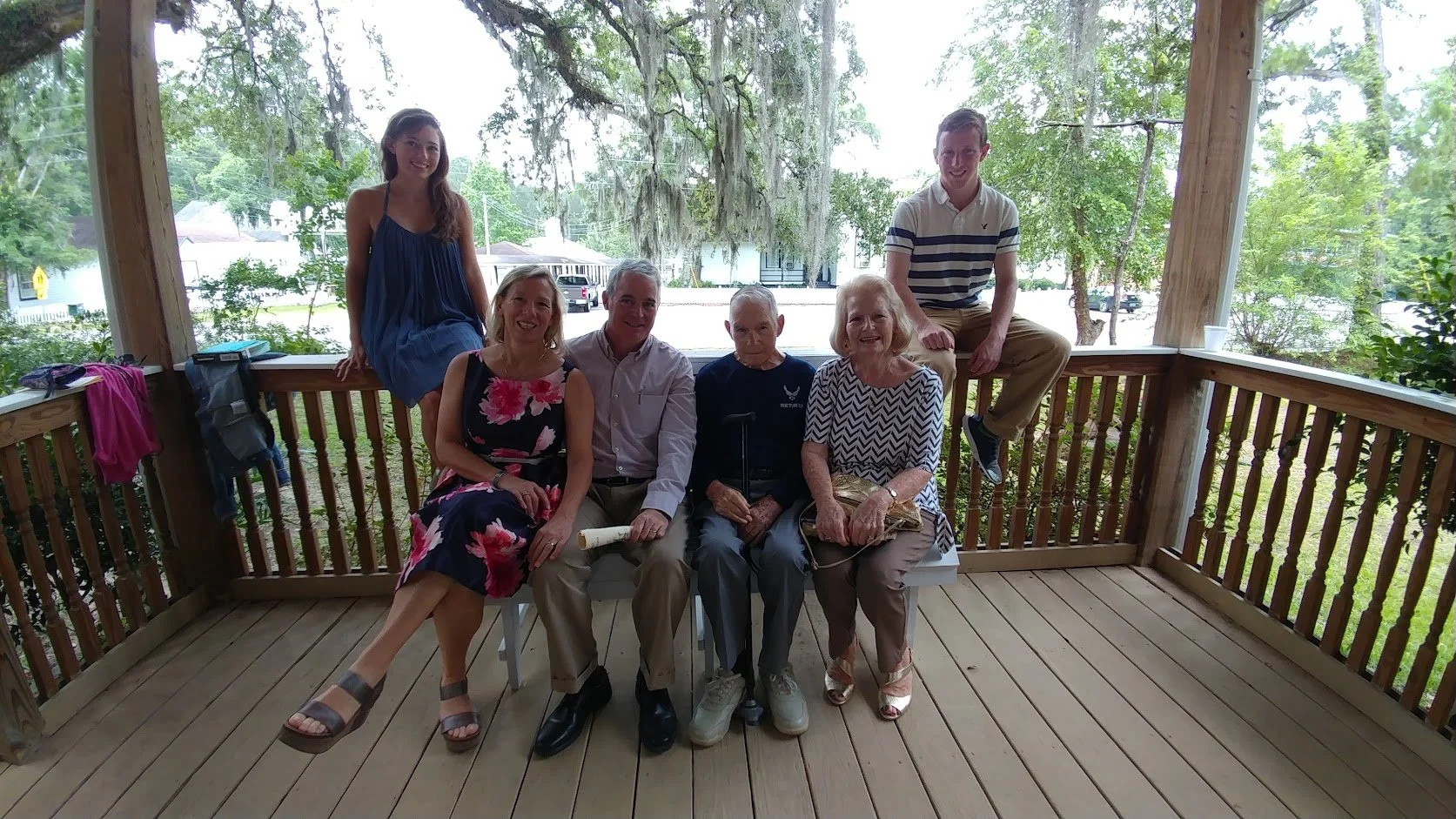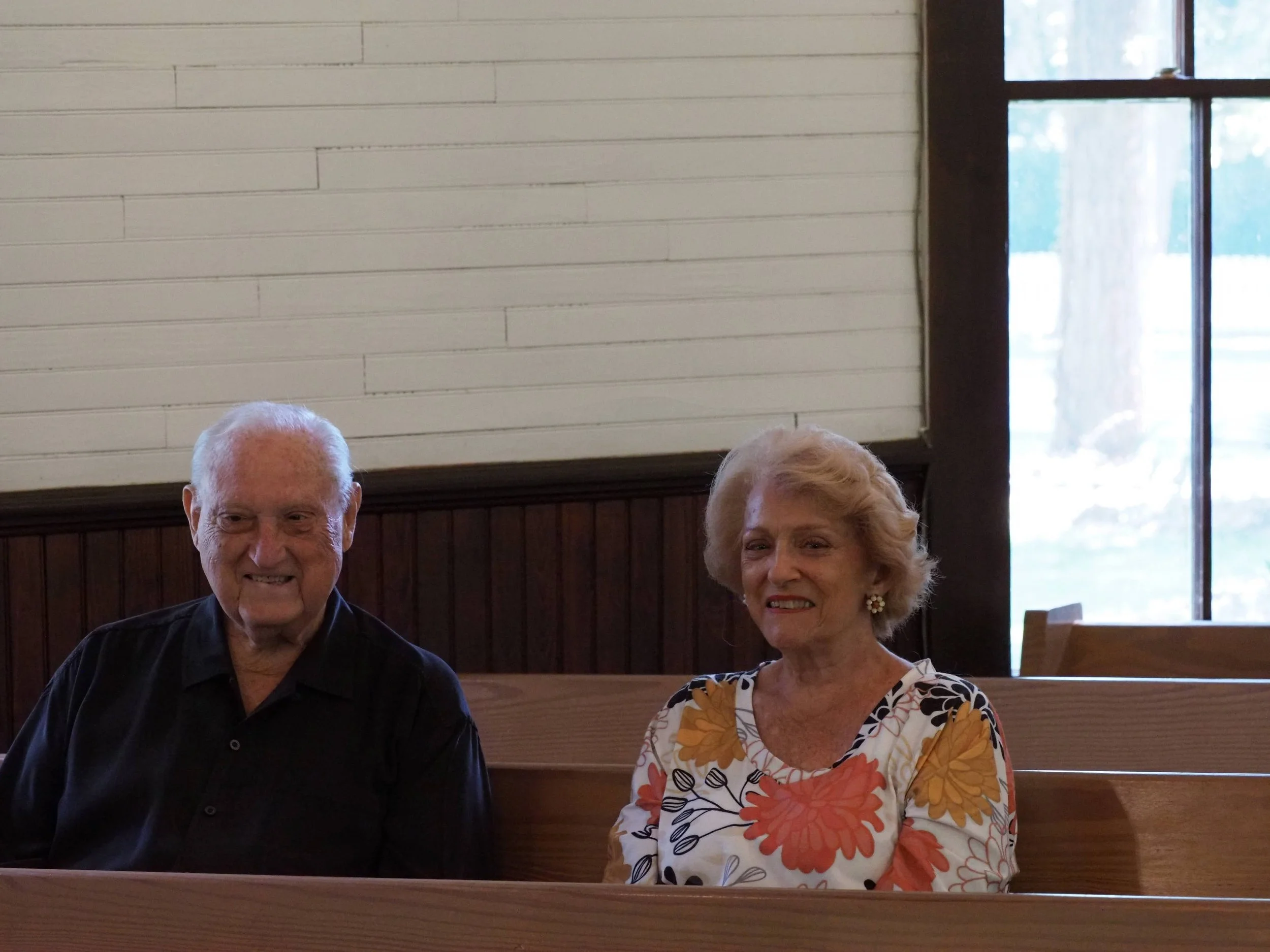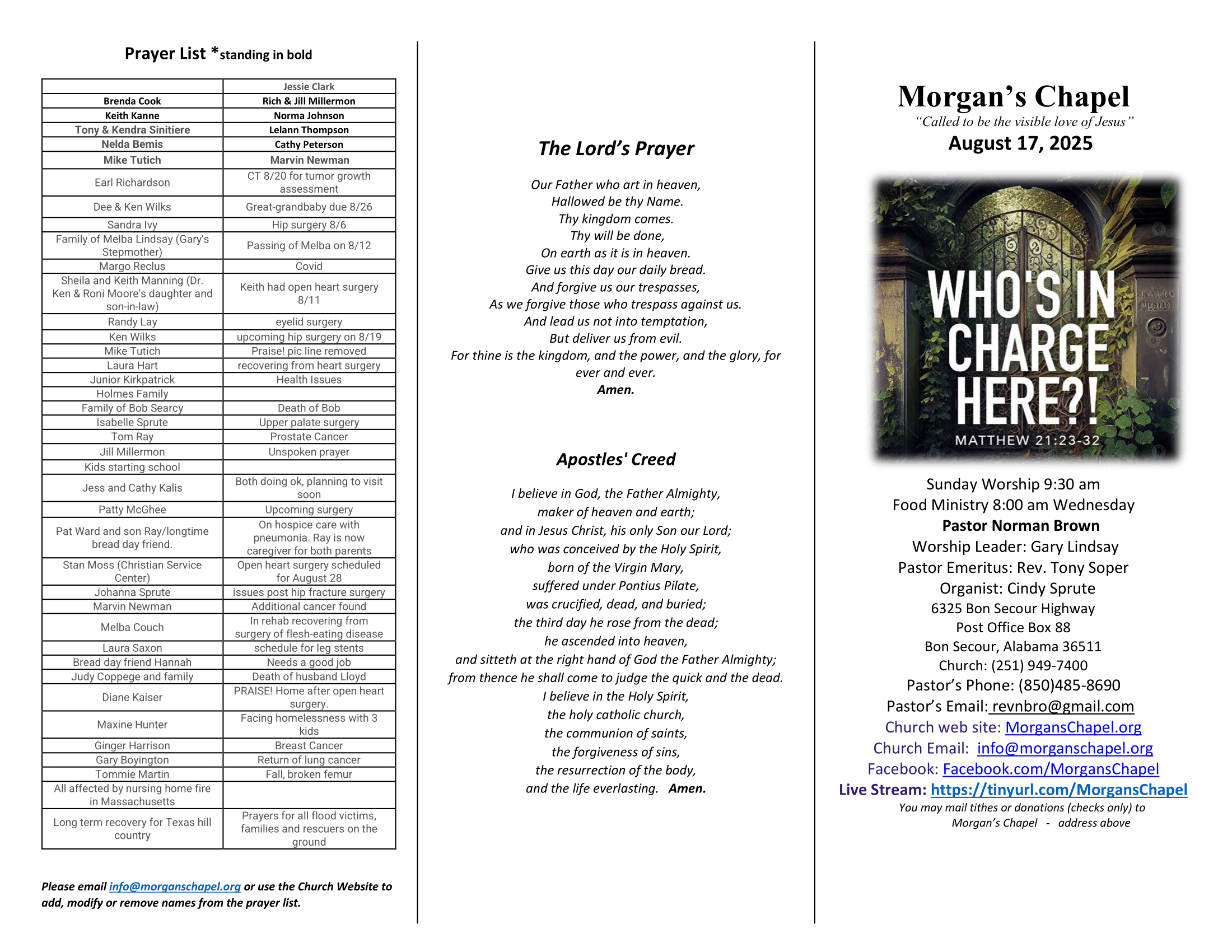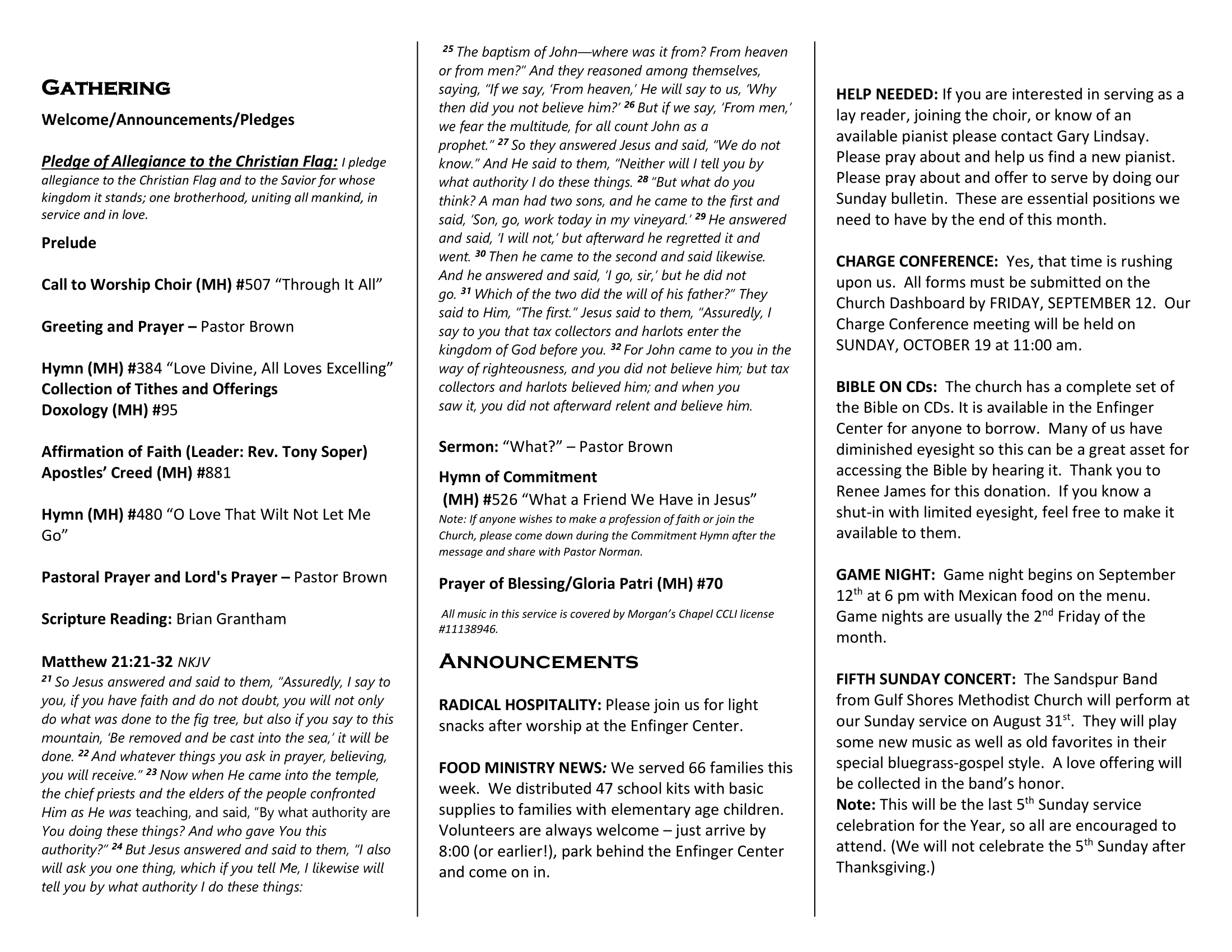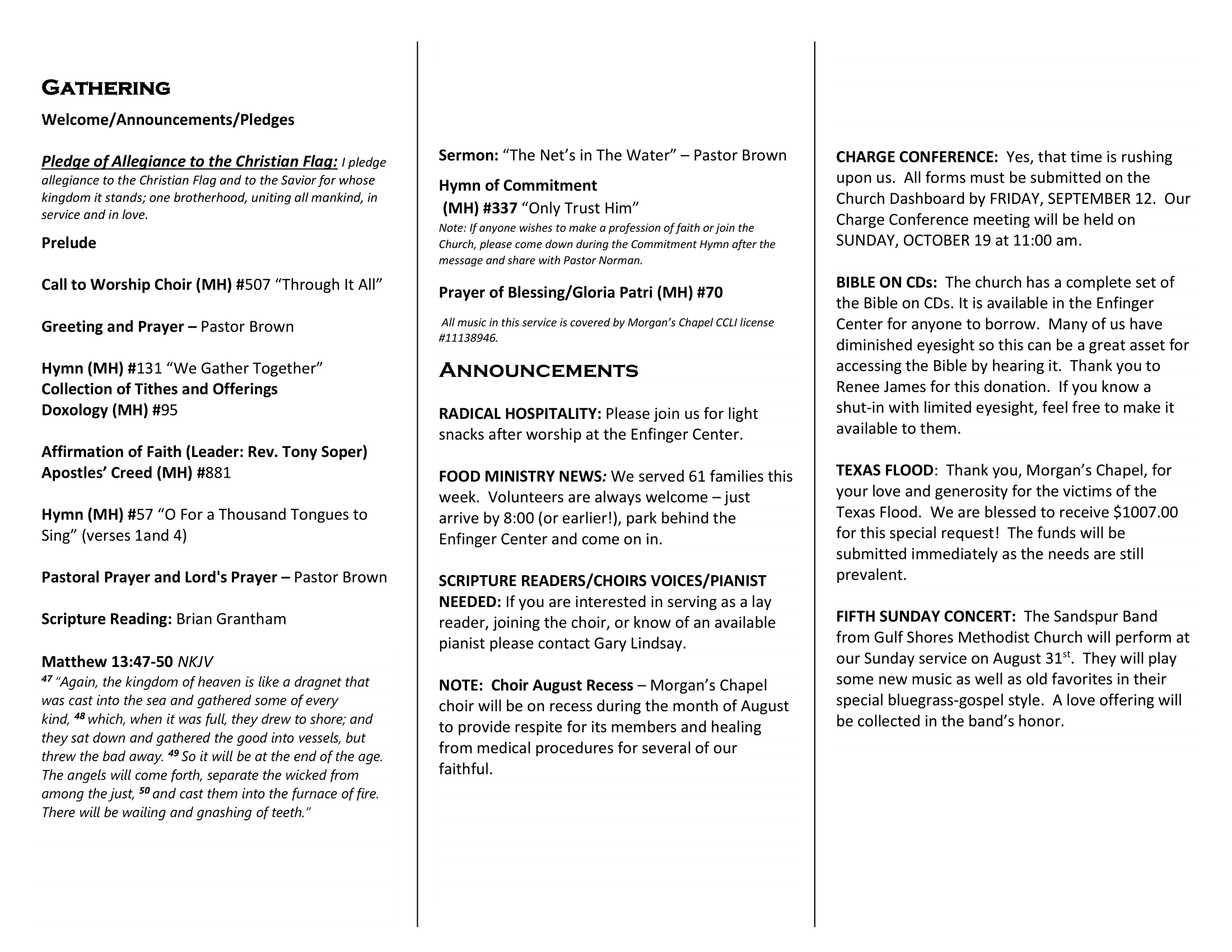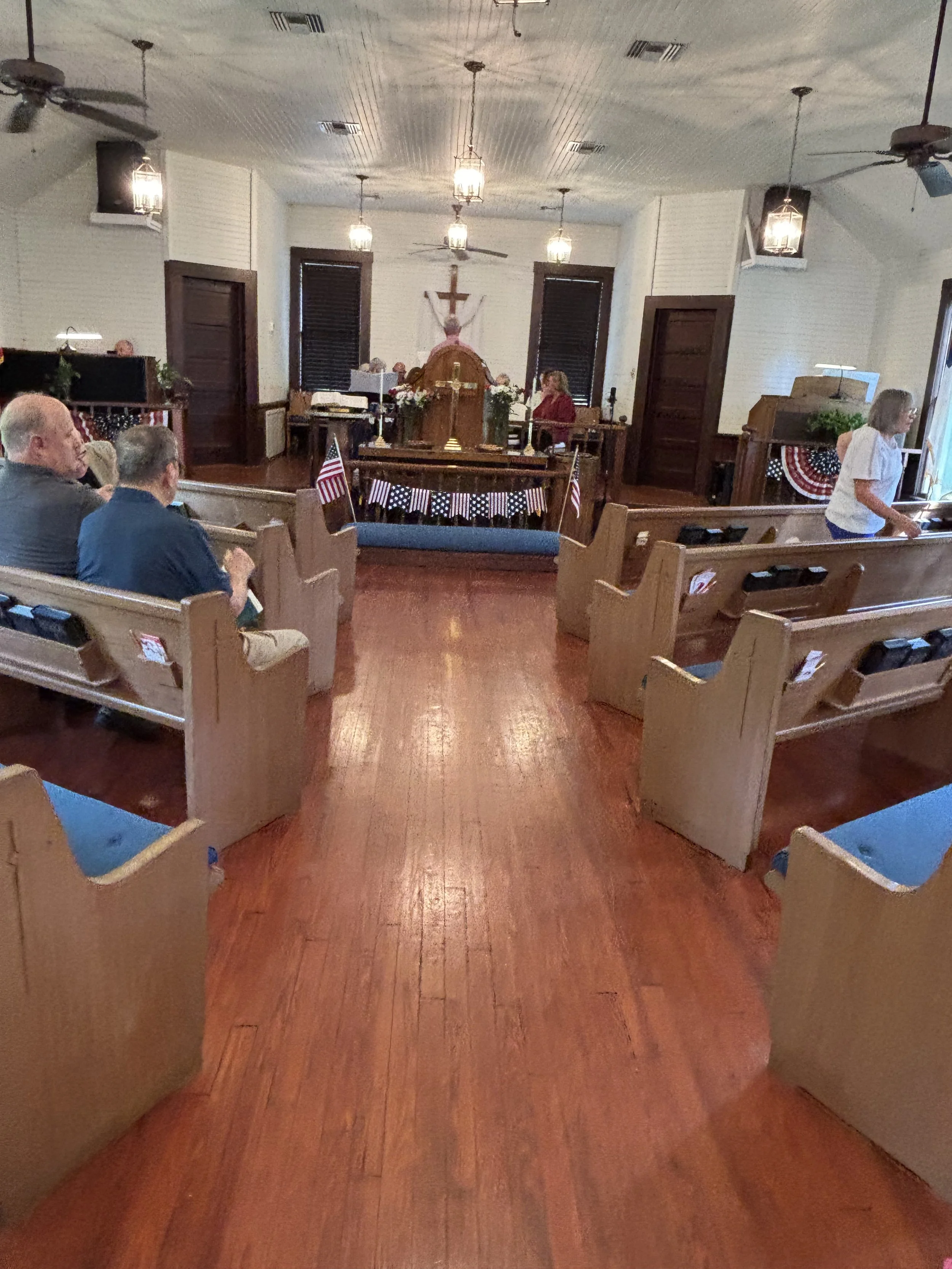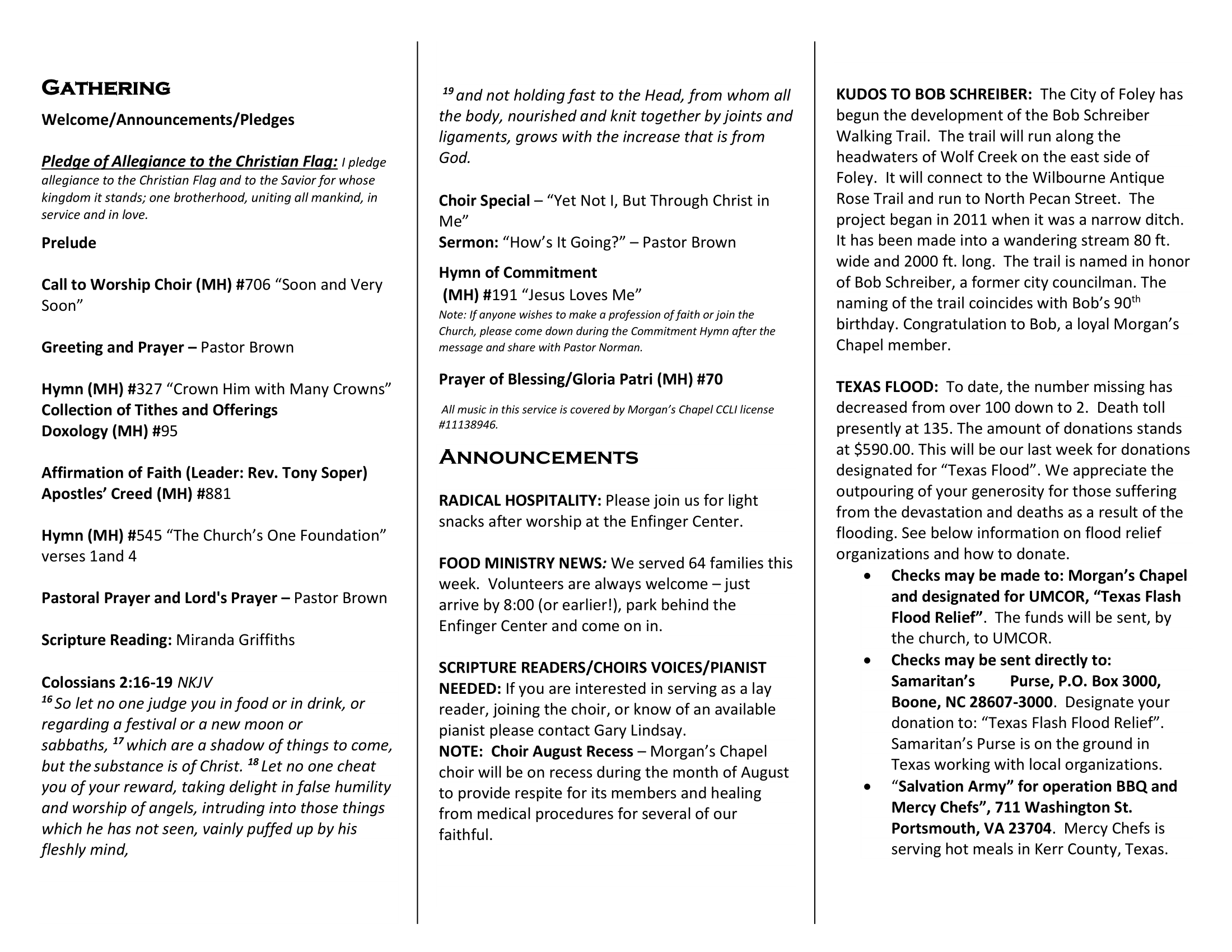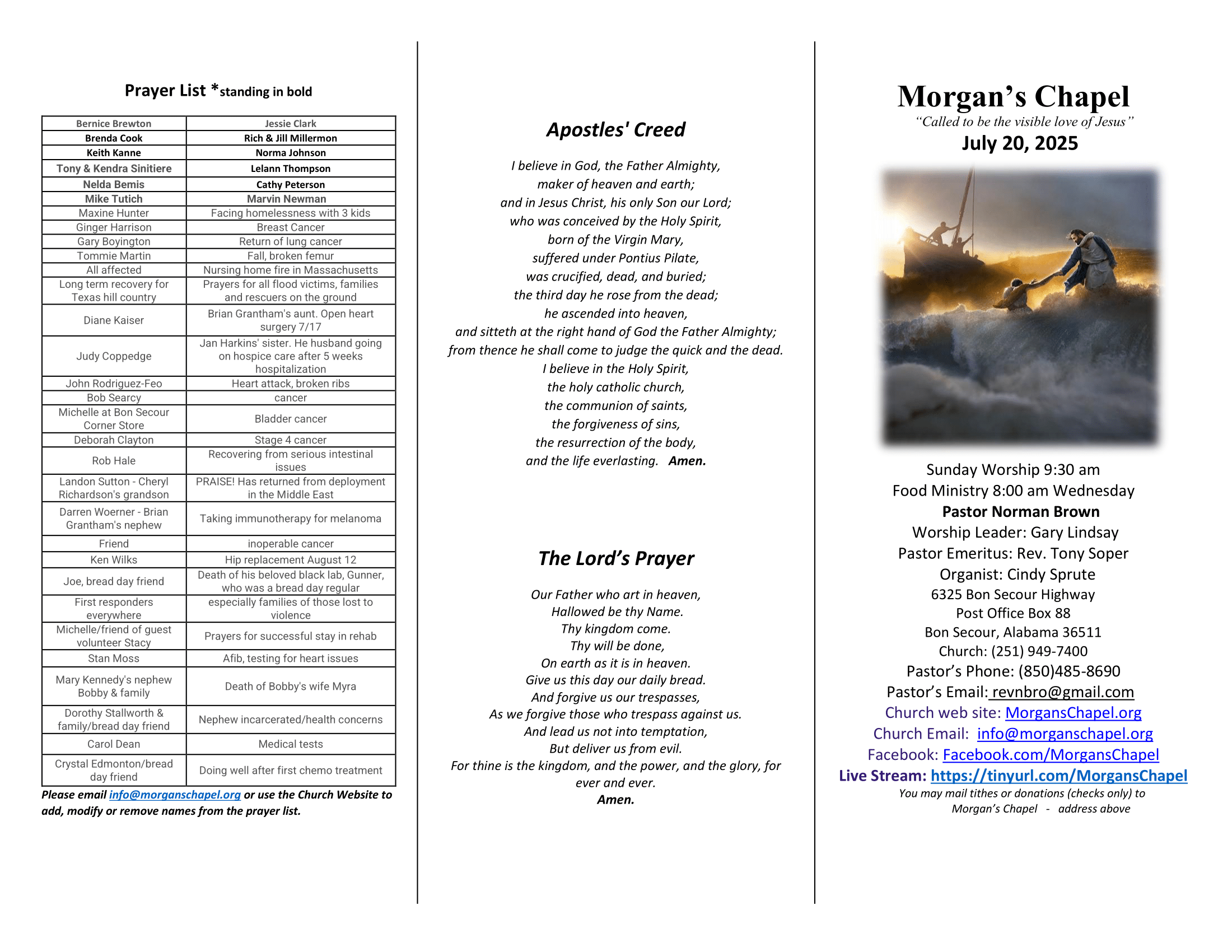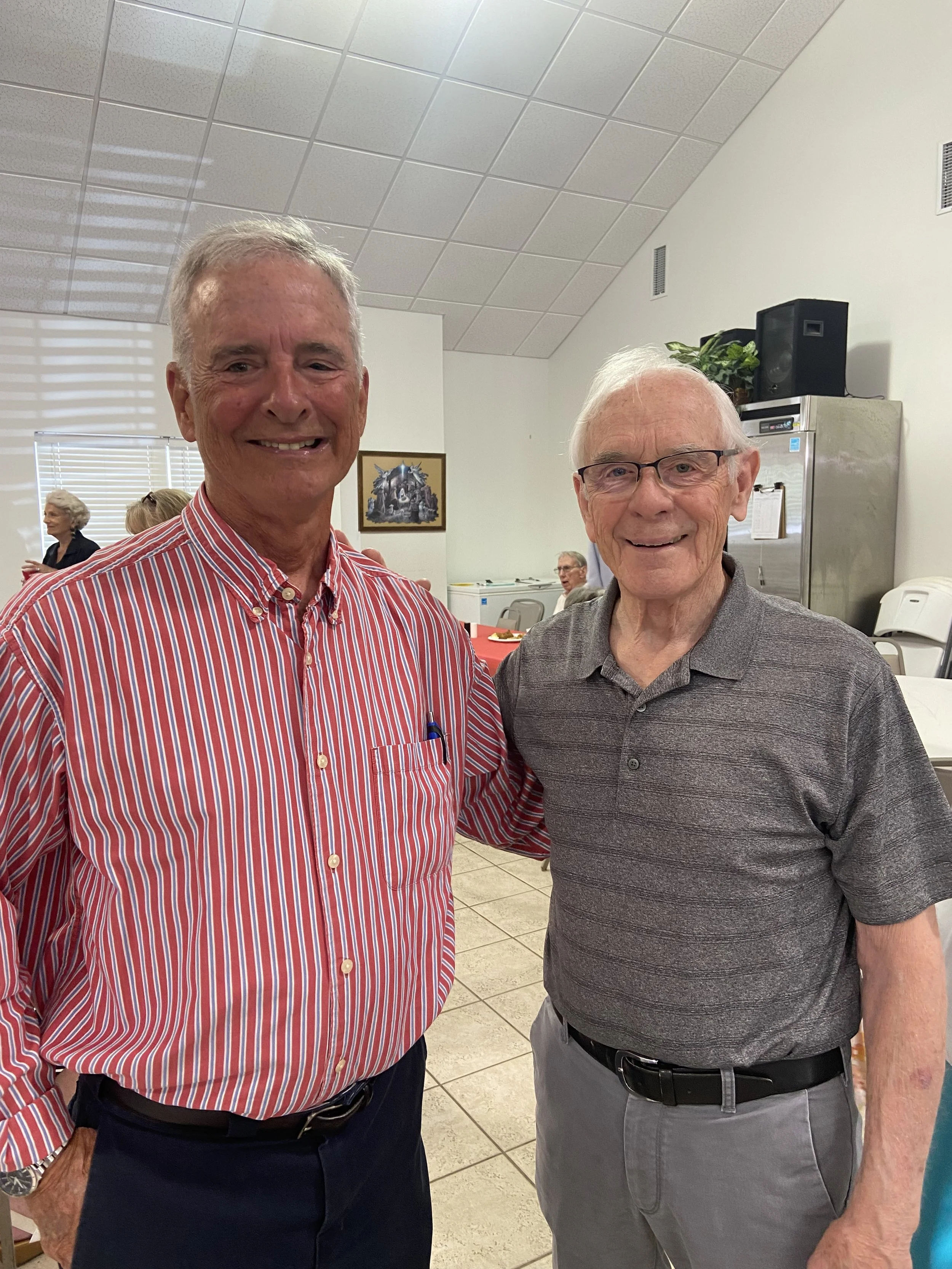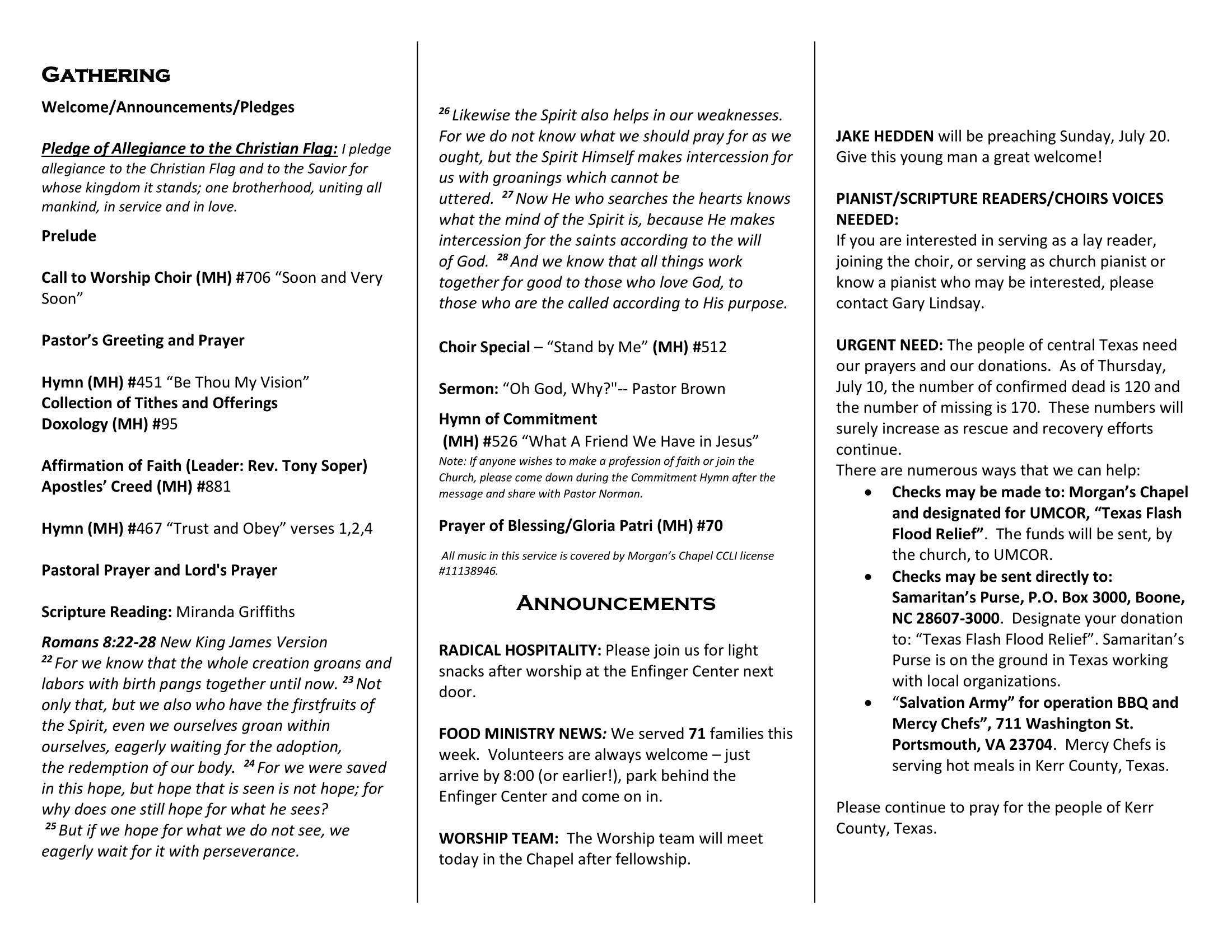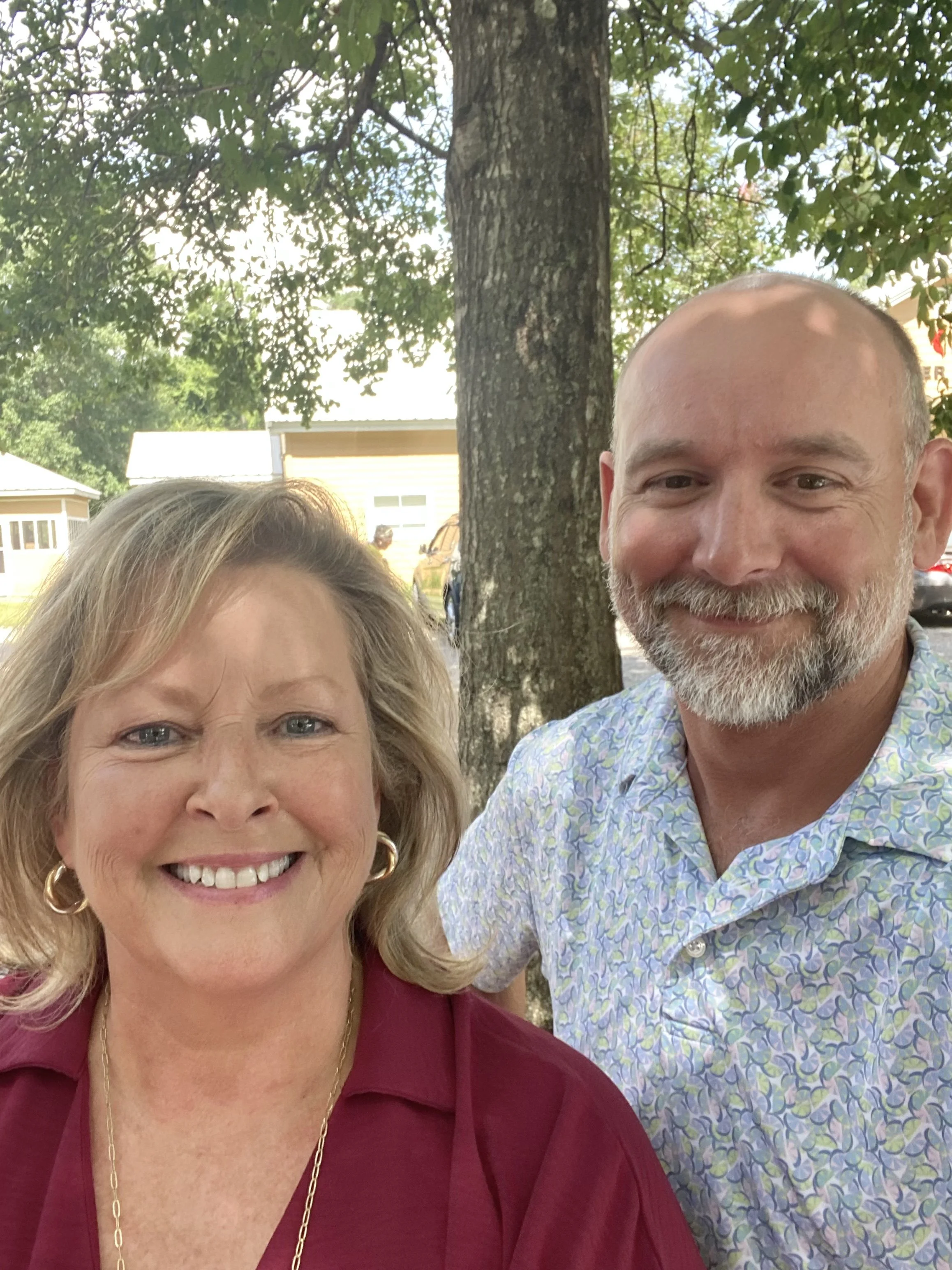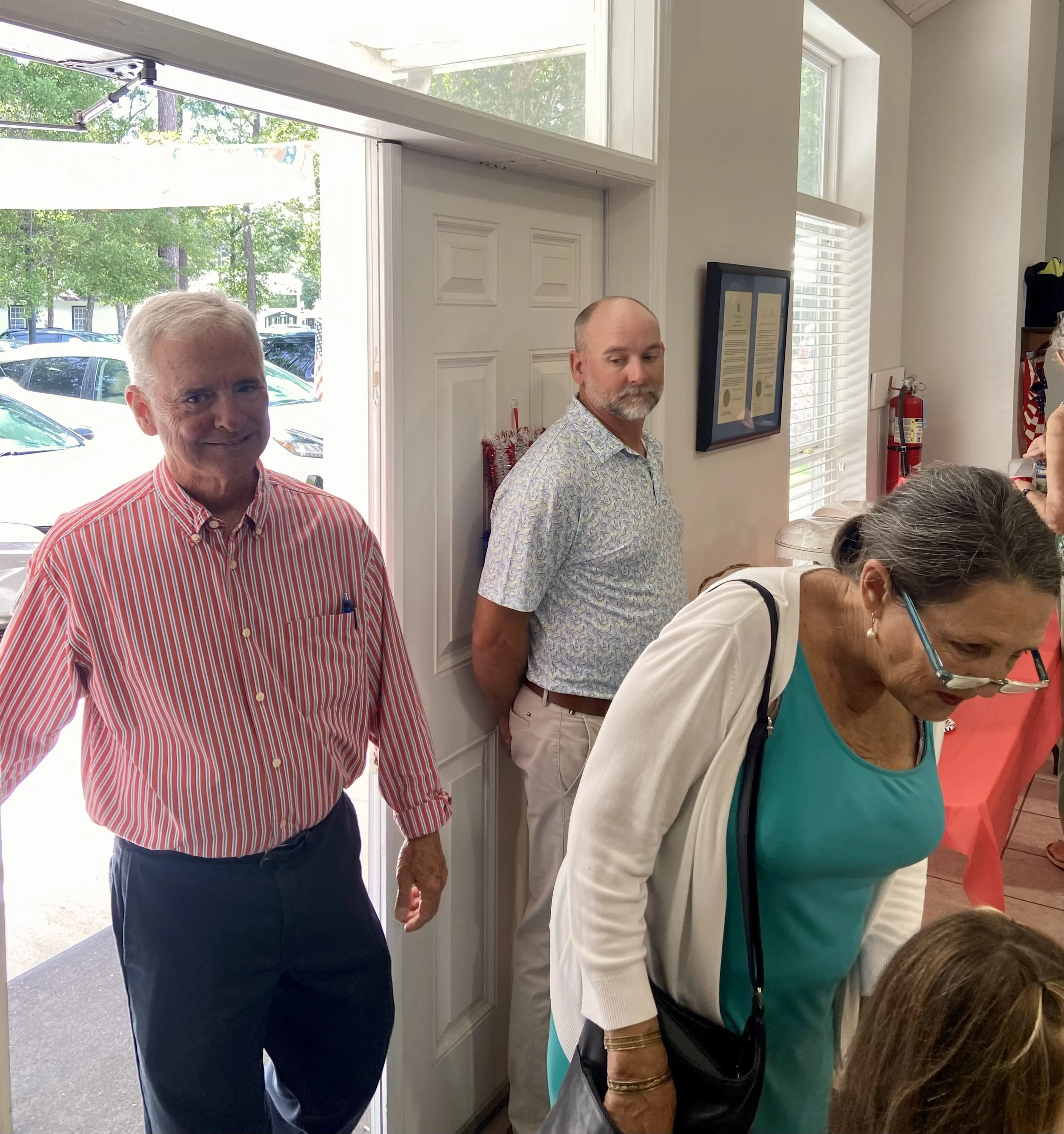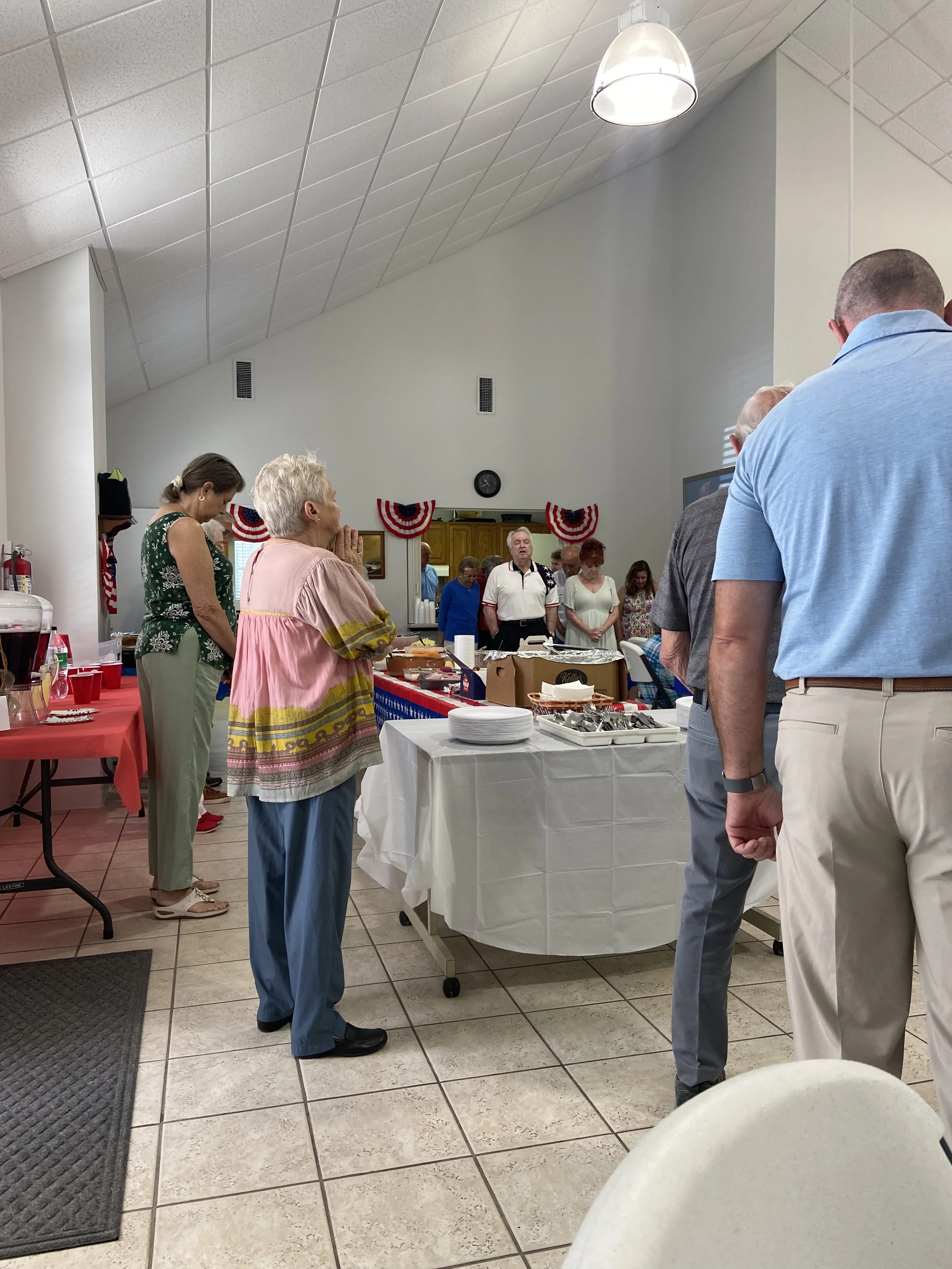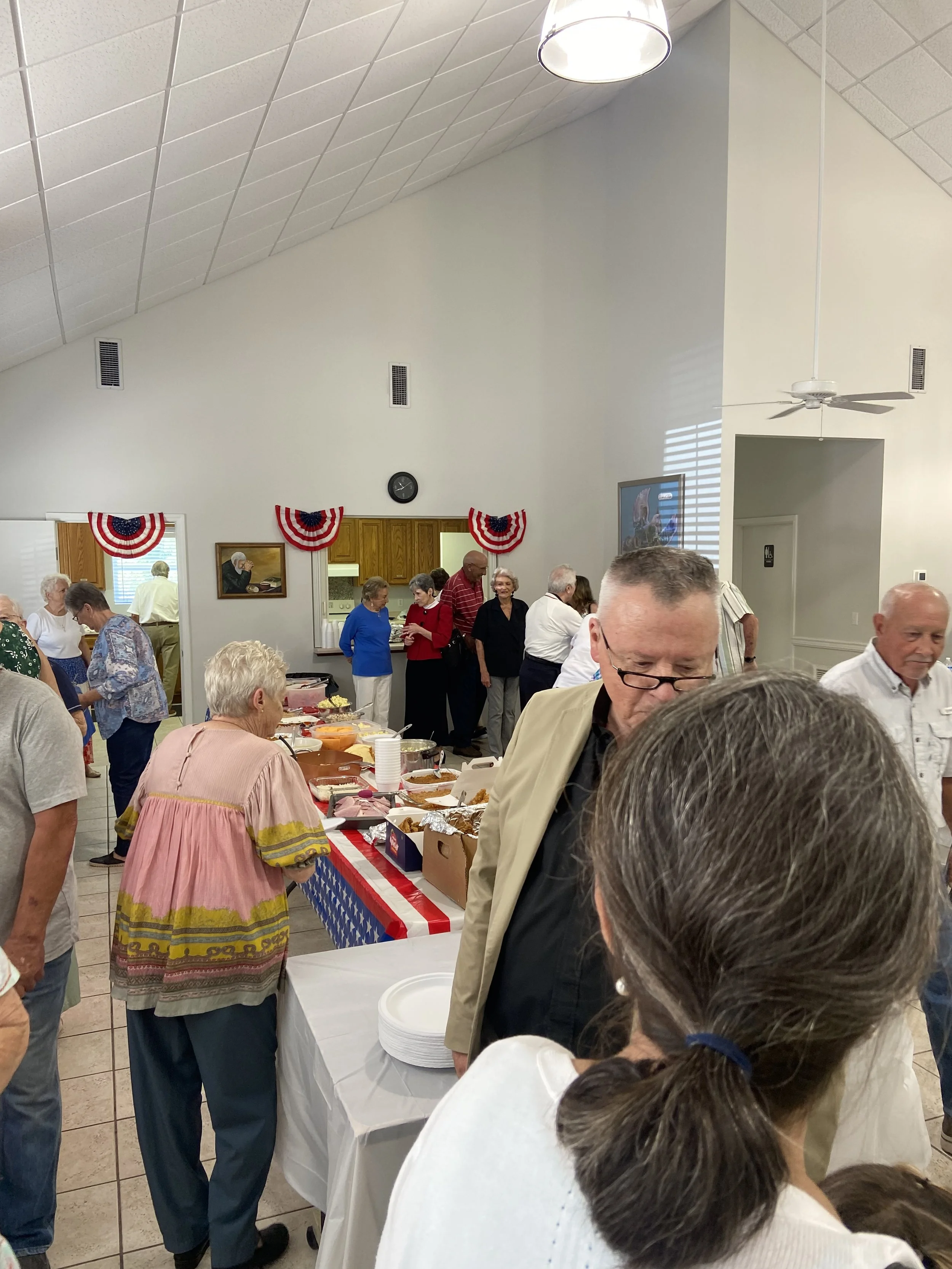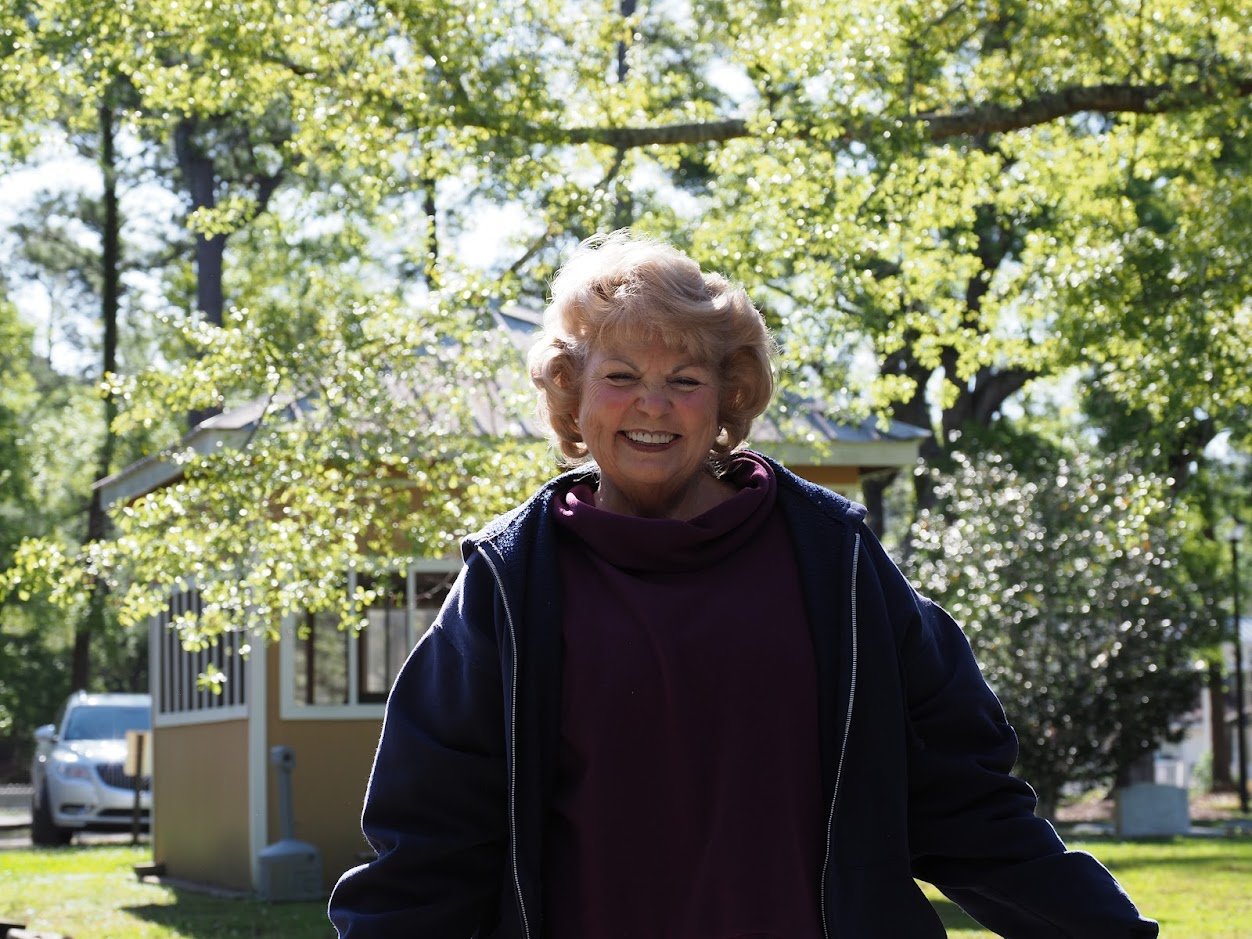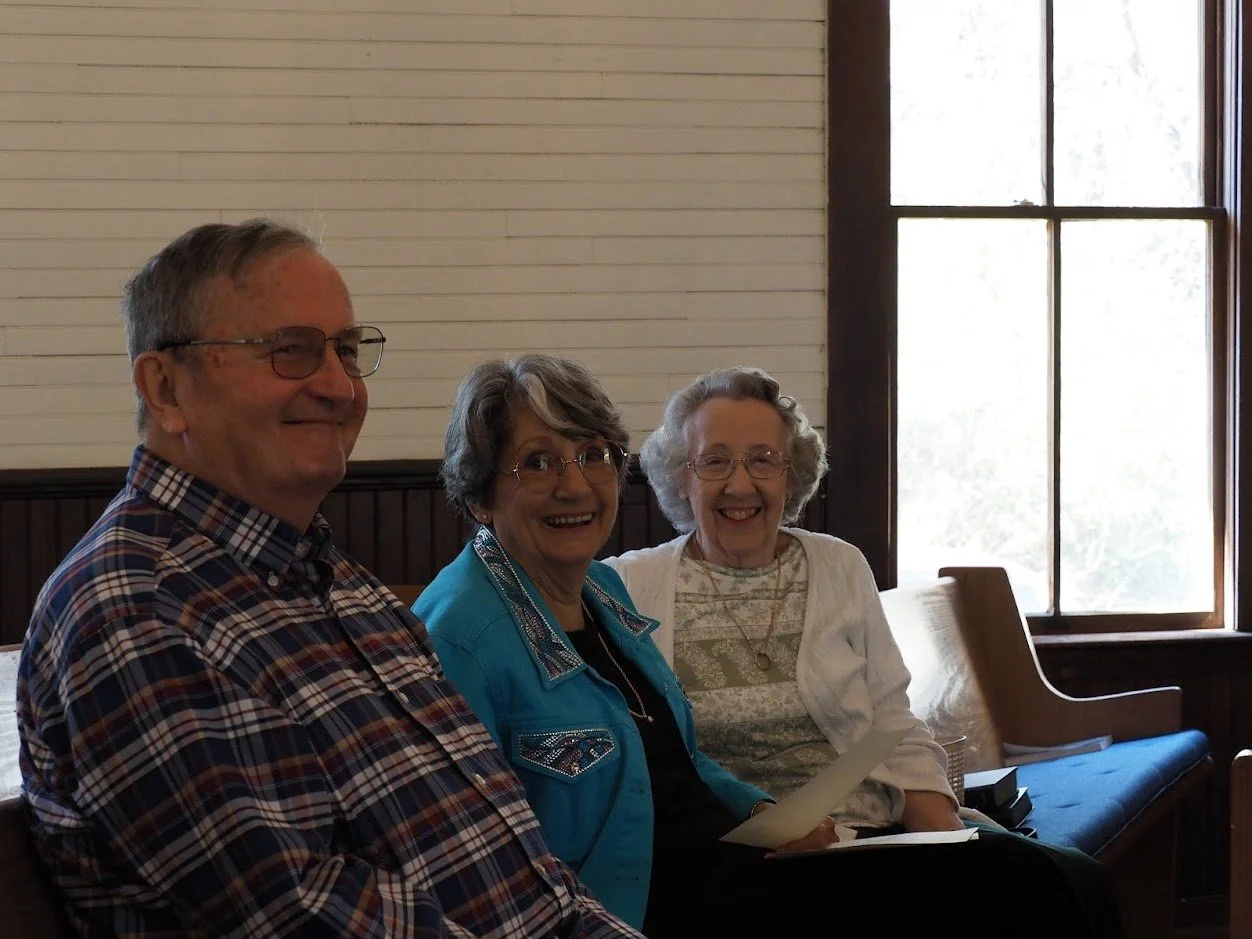Sermon 138 -- On Grieving the Holy Spirit
“Grieve not the Holy Spirit of God, whereby ye are sealed unto the day of redemption.”
Eph. 4:30.
There can be no point of greater importance to him who knows that it is the Holy Spirit which leads us into all truth and into all holiness, than to consider with what temper of soul we are to entertain his divine presence; so as not either to drive him from us, or to disappoint him of the gracious ends for which his abode with us is designed; which is not the amusement of our understanding, but the conversion and entire sanctification of our hearts and lives.
These words of the Apostle contain a most serious and affectionate exhortation to this purpose. “Grieve. not the Holy Spirit of God, whereby ye are sealed unto the day of redemption.”
The title “holy,” applied to the Spirit of God, does not only denote that he is holy in his own nature, but that he makes us so; that he is the great fountain of holiness to his church; the Spirit from whence flows all the grace and virtue, by which the stains of guilt are cleansed, and we are renewed in all holy dispositions, and again bear the image of our Creator. Great reason, therefore, there was for the Apostle to give this solemn charge concerning it, and the highest obligation lies upon us all to consider it with the deepest attention; which that we may the more effectually do, I shall inquire,
I. In what sense the Spirit of God is said to be grieved at the sins of men:
II. By what kind of sin he is more especially grieved.
III. I shall endeavour to show the force of the Apostle’s argument against grieving the Holy Spirit, — “By whom we are sealed to the day of redemption.”
……….
Now, if the Holy Spirit be the sign, the seal, and the security of our salvation, then, by grieving him by our sins, we break up this seal with our own hands, we cancel our firmest security, and, as much as in us lies, reverse our own title to eternal life.
Besides this, the Holy Spirit within us is the security of our salvation; he is likewise an earnest of it, and assures our spirits that we have a title to eternal happiness. “The Spirit of God beareth witness with our spirits that we are the children of God.” And in order that this inward testimony may be lively and permanent, it is absolutely necessary to attend carefully to the secret operation of the Holy Spirit within us; who, by infusing his holy consolations into our souls, by enlivening our drooping spirits, and giving us a quick relish of his promises, raises bright and joyous sensations in us, and gives a man, beforehand, a taste of the bliss to which he is going. In this sense, God is said, by the Apostle to the Corinthians, to have “sealed us, and to have given the earnest of his Spirit in our hearts;” and that earnest, not only by way of confirmation of our title to happiness, but as an actual part of that reward at present, the fulness of which we expect hereafter.

